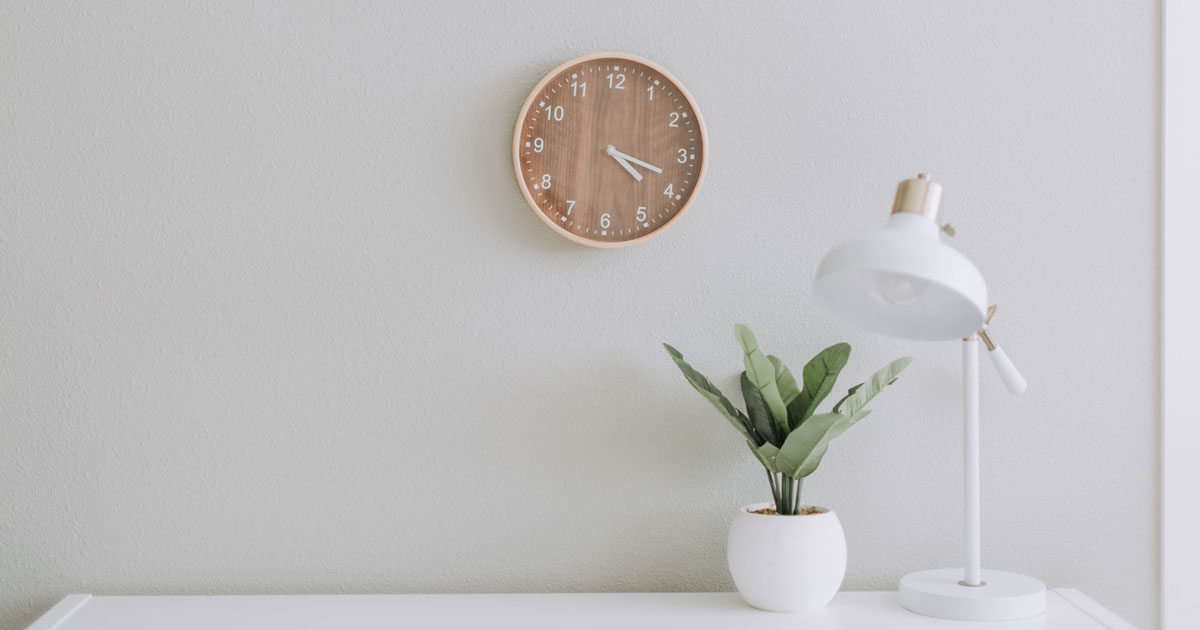Driving to work, putting on makeup, picking out dress clothes—returning to the office will take some adjustment.
With many of us working from home for a year, our habits have long-since changed to match. This isn't merely a temporary shift—the pandemic has changed our very approach to work, from video calls to how we approach illness. As vaccine distribution spreads and more workers are welcomed back to the office, management and employees will have to be flexible and consider big changes.
For advice, we turned to two local business experts: Kim Bode of 8THIRTYFOUR Integrated Communications, and Carlye Klimek of BDO. The latter company has nearly 200 employees working out of Grand Rapids, and uses a "hoteling" software which allows workers to reserve desk space in the office. And while 8THIRTYFOUR is much smaller, they face many of the same issues.
You might notice a common theme here: Flexibility.
Prioritize Health
Long before anyone heads back to the office, you want to be as prepared as possible, to avoid a last-minute scramble. Look at CDC and MDHHS guidelines, and then build on top of that.
As Bode says, "The top concern is the health of our employees." A company doesn't run without employees, and while the vaccine is helpful, it will be some time before everyone has it. Institute and enforce protocol that centers safety above all else.
Stay Home Sick
The spread of COVID has illustrated how easily illnesses travel. One sick coworker can infect a dozen more, but there's long been a stigma around calling out sick. Even if it's only a cold, why not work from home until no longer contagious?
"It used to be, you felt like you almost had to be dying in order to take a sick day, because everybody would just come to work sick. And now we know, let's just respect that if you're not feeling well ... there's nothing worse than running on empty," Klimek said.
Value Mental Health
A rare silver lining of the pandemic is that society at large is willing to discuss mental health more openly and with less judgment.
"Mental health needs to be a priority for all employers," Bode said. "I don't care how uncomfortable the topic makes you. In a KFF Tracking Poll conducted in mid-July, 53% of adults in the U.S. reported that their mental health has been negatively impacted due to worry and stress over the coronavirus."
Klimek agrees, saying that goes for all employees. The last thing you want is a star employee who burns out quick. No matter your position at the company, don't let your colleagues overdo it.
Extreme Office Makeover
Now that we know it's possible, working from home will be much more common. Many companies, including 8THIRTYFOUR and BDO, are fully on board with this.
Think about if you even need the same office as before. Some companies could save massive amounts of money by leasing a smaller space and allowing more flexible hours.
"We never considered it before because we were still dealing with a very old-school way of viewing working from home," Bode said. "Companies seem to think if they can't see an employee, then they aren't truly working. It's such an antiquated way of looking at things and is a sure way to cultivate a toxic culture."
Brace for Impact
It's clear there's a great deal of conflict around COVID-19 and how it's been handled. You don't need to ban discussion of it, but it should be treated as a sensitive subject, as you have no clue how your coworkers have been affected.
If you're an employer, you "need to have a plan to deal with situations like this swiftly. Have a process and ensure it has been reviewed by your legal team," Bode said.
However, the easiest way to avoid this is to create an atmosphere of respect and care, because we're all simply trying to move forward together.
Written by Josh Veal, Contributing Writer for West Michigan Woman.
This article originally appeared in the Apr/May 2021 issue of West Michigan Woman.




